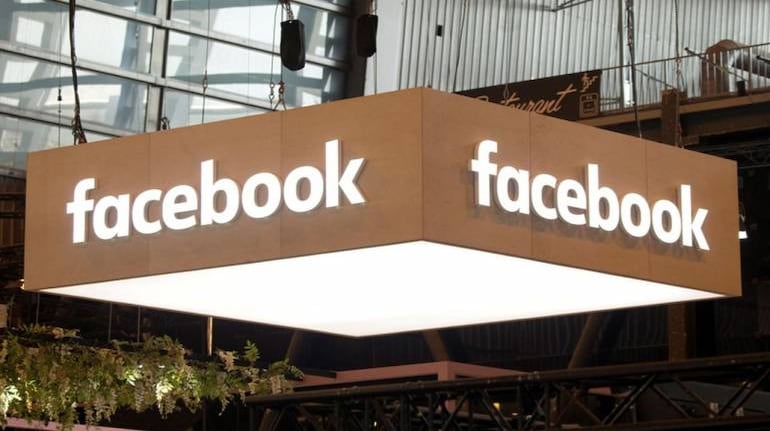



Sounak Mitra
On Monday April 8, Facebook’s India managing director and vice president Ajit Mohan released a detailed note on how the company has been preparing for upcoming Indian elections. The aim is to best prevent abuse of the social media platform that has emerged as a preferred tool for spreading misinformation or fake news — the biggest threat to the world’s largest democracy.
Mohan’s statement comes just three days before around 900 million people vote to elect their representative in Lok Sabha.
Looking at the timing of Mohan’s statement it is clear that Facebook is late to react. There’s almost no time to combat the fake news armies, and the damage has already been done. Well, it is not that straight and simple. According to his statement, Facebook started work about 18 months ago – long before India’s lawmakers asked Facebook and its family apps — WhatsApp and Instagram — to do more on March 6, or before the Election Commission of India (ECI) officially brought social media firms under the Model Code of Conduct on March 10. However, much of what Facebook did over the past 18 months was primarily plan how it could be a part of the solution in conducting a ‘fair and free’ election.
There are many reasons why Facebook started work 18 months ago. First, the fake news issue isn’t limited to India. It has been struggling to deal with the issue world over even while in India fake news is spreading like an epidemic. Second, Time reported in January on how the ruling Bharatiya Janata Party (BJP) used Facebook-owned WhatsApp to spread fake news and propaganda to win elections, or the role consulting firm Cambridge Analytica played in the previous general elections (2014).
To deal with this infectious malice, Facebook formed 40 teams consisting of 30,000 people working at its war rooms round-the-clock in its headquarters at Menlo Park (US), India, Dublin and Singapore. To detect fake news and fight interferences, Facebook is also using artificial intelligence and machine learning.
Facebook’s efforts are delivering results. Last week, the social media firm removed around 700 pages, groups and accounts in India that violated its policies. Its engagement with local fact-checking firms across many Indian languages is a much-needed step. Following ECI guidelines, Facebook has made it mandatory for political parties to disclose their sources and spend on advertisements. Besides this, it is also working on building civic engagement tools that will connect voters with their candidates. All these are good steps — but is it enough to check the spread of fake news?
The answer to the above question is a straight no, because, as Reuters reported on April 3, fake news is still thriving on social media.
The reason is simple. To stop fake news, it must be identified and contained at the source. This is unfortunately not happening. Lawmakers are tightening rules for social media firms and blaming them for the fake news menace. However, as technology-backed platforms for information exchange they have limitations. A social media company primarily analyses users’ behaviour using technology, or at times human intervention, to determine compliance. During instances of non-compliance, posts are deleted and if need be the users’ accounts are deactivated.
Till here these platforms are on top of their job. Where it fails is when the same person whose account was deactivated opens a fresh account and continues to spread misinformation or/and fake news. As mentioned in an earlier piece, India’s fake news problem will not be addressed because lawmakers have taken a wrong approach to deal with this crisis.
When the problem is with the political parties and their workers and sympathisers who generate fake news and propagate it, it makes little sense to penalise social media companies.
The best way to stop fake news is to stops its generation. This can only be done by bringing all political parties under tight scrutiny.
There’s little doubt that what social media companies, such as Facebook, do now to fight fake news will help in reducing one among the biggest threats the world’s largest democracy is facing, and play an important role in the immediate future of this country.
Discover the latest Business News, Sensex, and Nifty updates. Obtain Personal Finance insights, tax queries, and expert opinions on Moneycontrol or download the Moneycontrol App to stay updated!